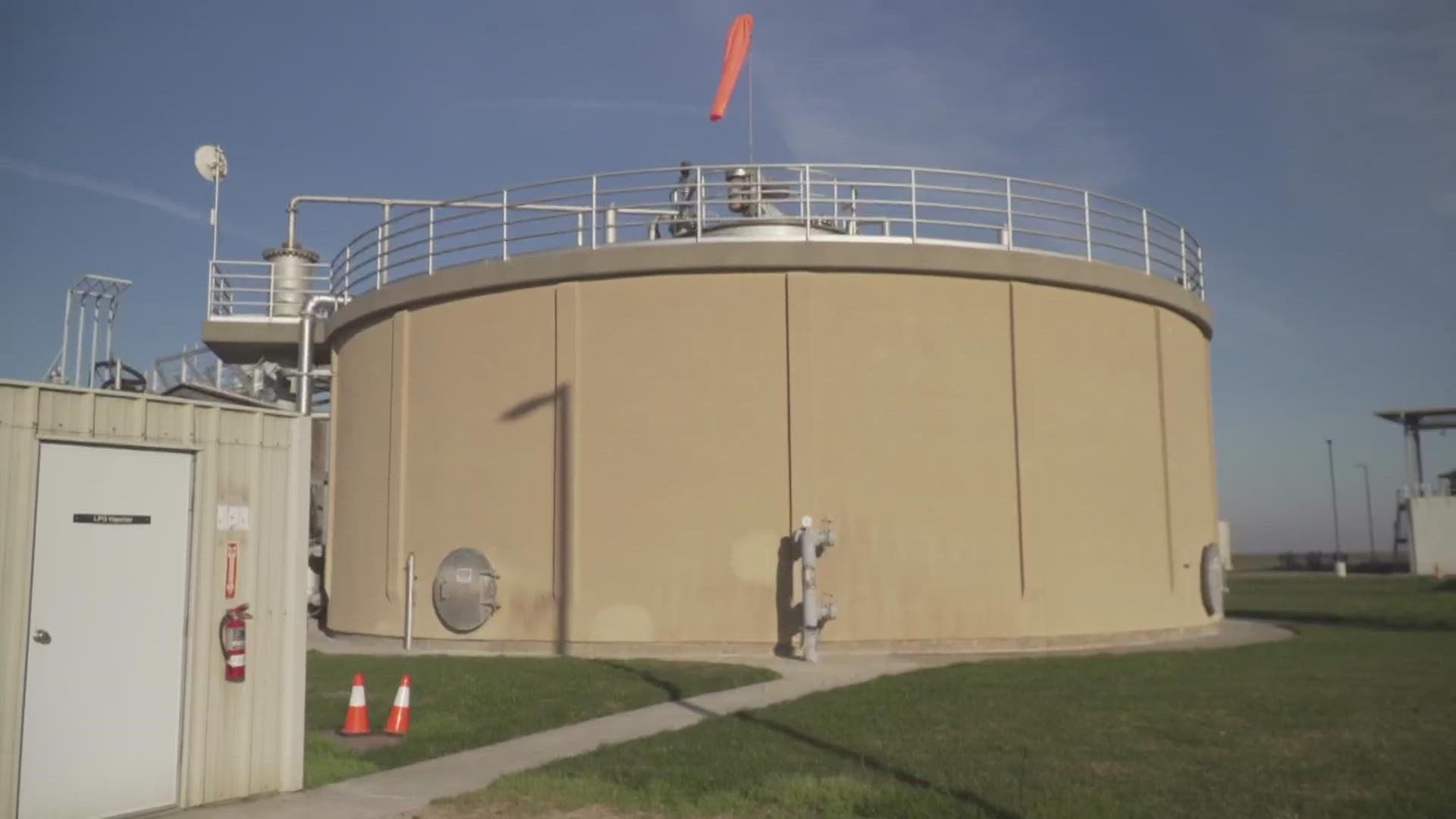STANISLAUS COUNTY, Calif. — Community levels of viruses and diseases are at the fingertips of residents in Yolo, Merced and Stanislaus counties. Healthy Central Valley Together is a community project aimed at testing wastewater and making viral levels available to the community.
The city of Davis Waste Water Treatment Plant is a participant in the collection. Three times a week, crews send a sample of sludge to a partner lab and scientists analyze it for COVID, RSV, Mpox and most recently Influenza A and B, RSV, norovirus and human metapneumovirus.
UC Davis Associate Professor of Civil and Environmental Engineering and Healthy Central Valley Together project lead Heather Bischel deals with the data directly. She said this helps public health authorities make recommendations and residents determine how to change their own behaviors.
"As we do that through time, multiple times a week, collecting over months, and years, we start to get a picture of the trends of these different viruses in our community," Bischel said. "We've seen that there are trends in the wastewater data with case counts of measurements in individuals. When that testing goes away, or there's no participation in it the wastewater data remains a representative of the entire community. It's a very cost-effective way to get public health data to help in decision-making in interventions to protect public health."
Bischel said previous monitoring saw influenza rising and falling back down earlier than in past years. It was a way to reassure that infections were going away.
It only takes a couple of days to test, analyze and post the results. You can view those results on this website.
The hope is that authorities will continue to support this so if a similar virus such as COVID were to arise again, public health officials would be ahead of it.
Watch more on ABC10



















